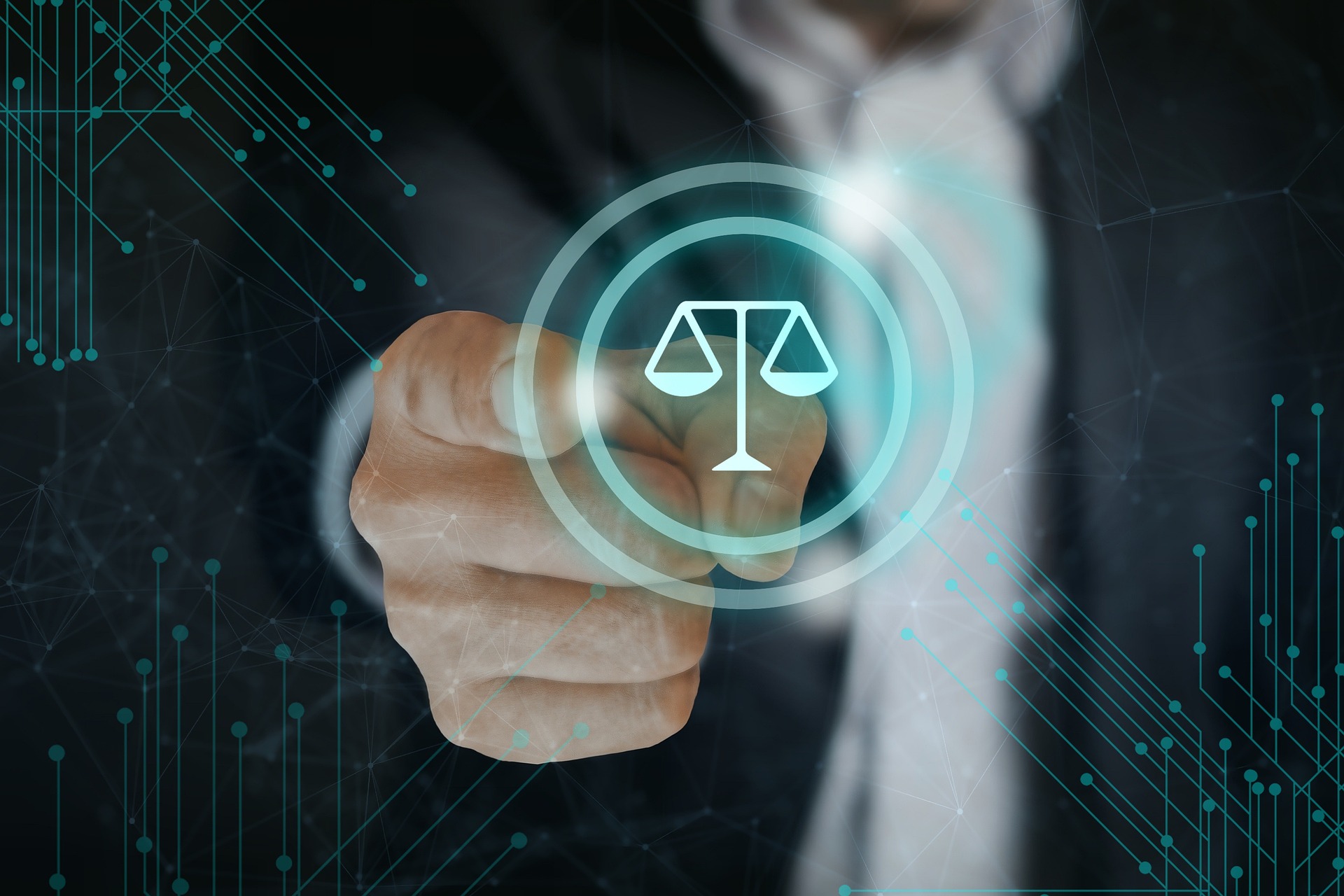Constitutional Dimensions of Internet Censorship
Introduction: Internet censorship is a growing global concern that intersects law, government, technology, and human rights. This article delves into the constitutional dimensions of this issue, exploring how it relates to the freedom of speech and the role of government in regulating online content.

The Emergence of Internet Censorship
The advent of the internet brought about an unprecedented era of information sharing and communication. However, as the internet’s reach expanded, so did the scope of content it hosted. This vast array of content, while largely beneficial, also presented challenges, including the dissemination of harmful or illegal material. Governments worldwide began implementing measures to regulate online content, marking the beginning of what we now know as internet censorship.
Global Perspectives on Internet Censorship
The approach to internet censorship varies significantly across the globe. While some countries maintain a liberal stance towards internet freedom, others impose stringent restrictions on online content. China, for example, has an extensive and sophisticated internet censorship system, colloquially known as the “Great Firewall.” On the other hand, countries like Estonia and Iceland rank high on the internet freedom index, allowing broad access to online content.
Constitutional Law and Internet Censorship
In democratic societies where the constitution protects freedom of speech, internet censorship raises complex legal questions. The First Amendment in the U.S., for instance, guarantees freedom of speech. However, it doesn’t unequivocally extend these protections to the digital realm. The Supreme Court has yet to definitively decide whether the government can regulate online content and to what extent.
Legal Developments and Recent Cases
Several recent cases have brought the issue of internet censorship to the forefront. In 2017, the U.S. Supreme Court unanimously ruled that a North Carolina law banning registered sex offenders from accessing social media websites violated the First Amendment. However, the judgment did not provide a broader precedent for internet censorship cases, leaving the issue far from resolved.
Internet Censorship’s Impact on Society
Internet censorship affects society in numerous ways. It can limit access to information, restrict freedom of expression, and influence public opinion. Conversely, a lack of regulation can allow the spread of harmful content, such as hate speech or child pornography. Striking a balance between protecting individuals and preserving freedoms is a complex task that continues to challenge lawmakers globally.
In conclusion, internet censorship is a multifaceted issue with significant constitutional implications. As the digital sphere continues to grow, so too will the debate surrounding the regulation of online content, making it a crucial topic to follow in the coming years.




